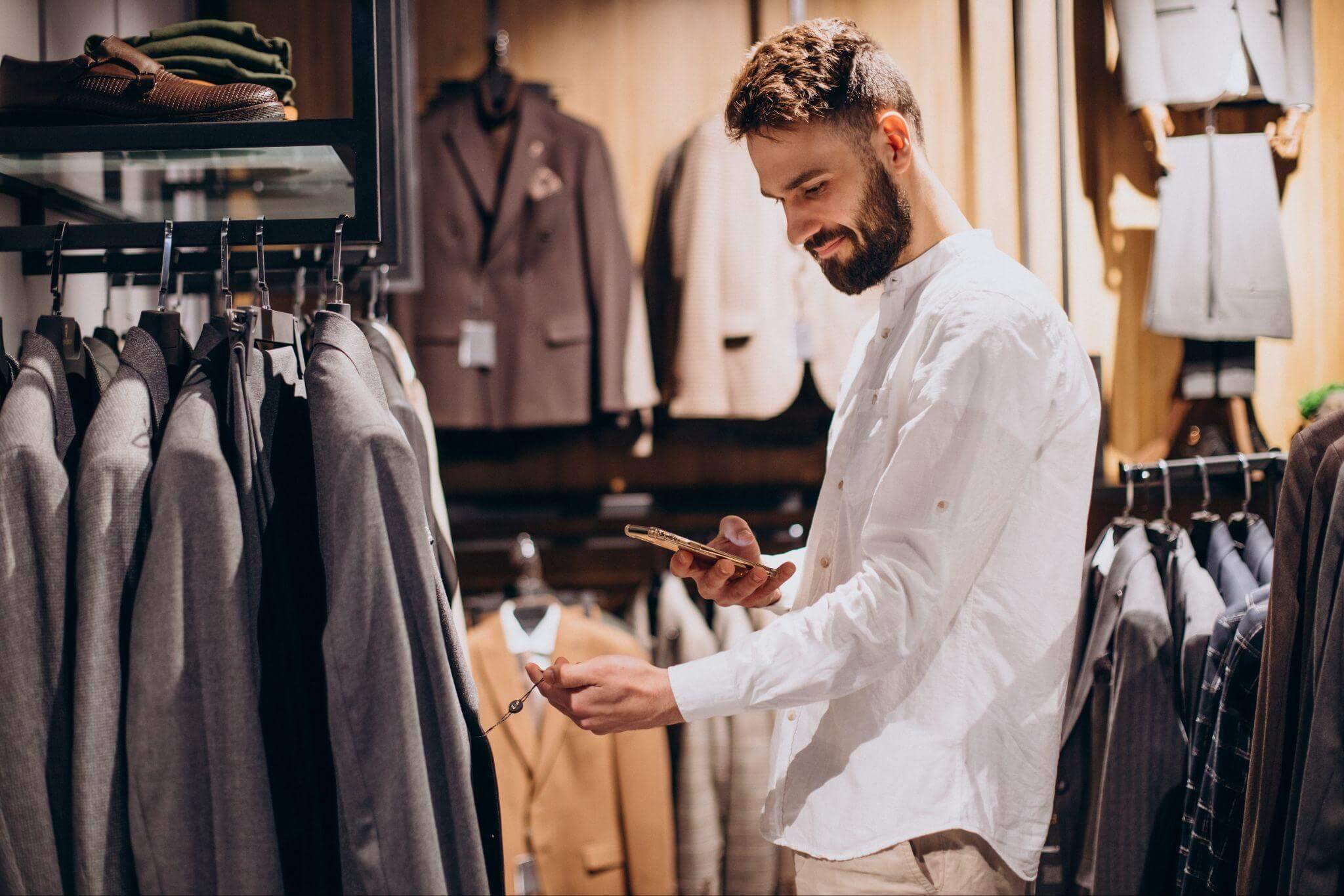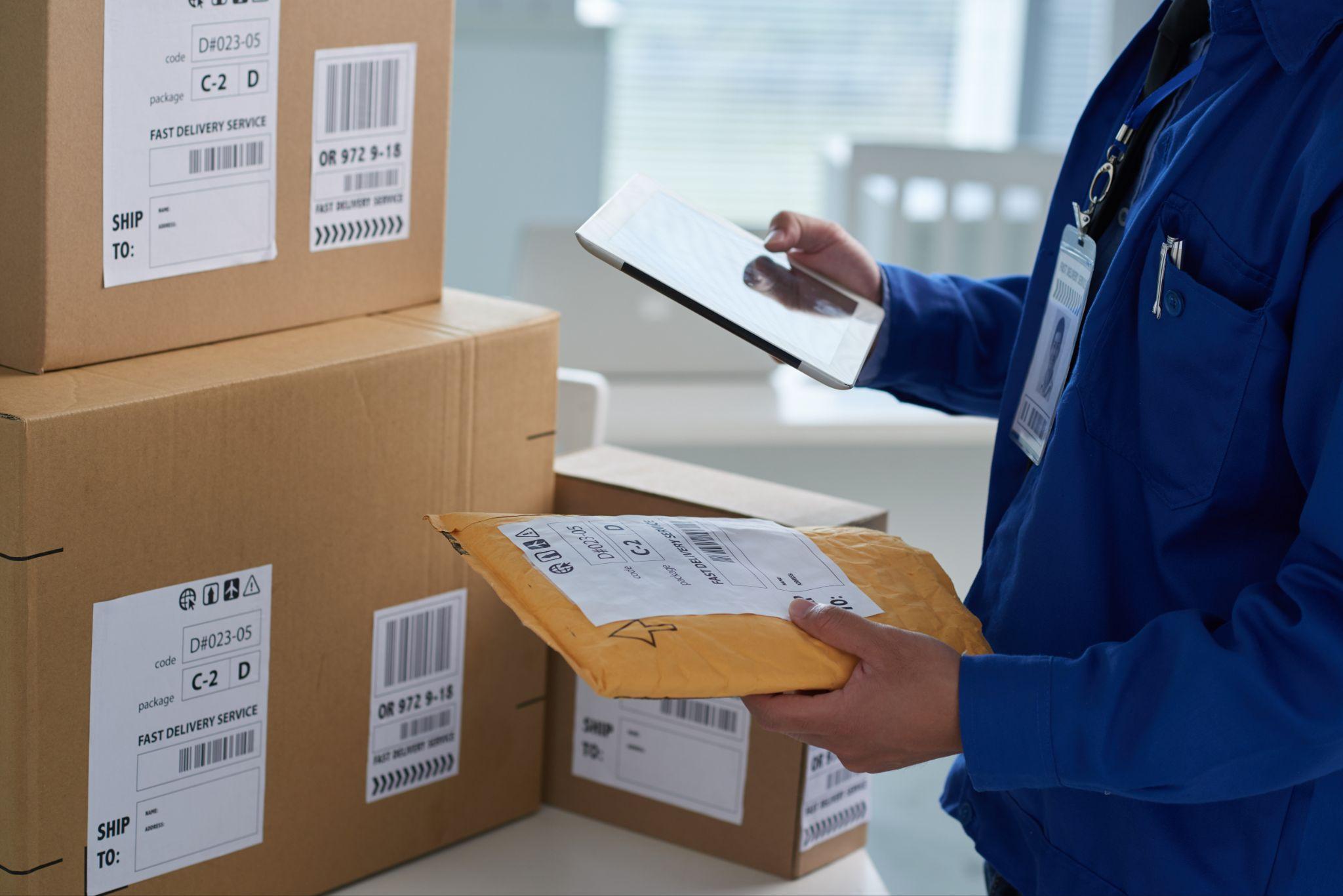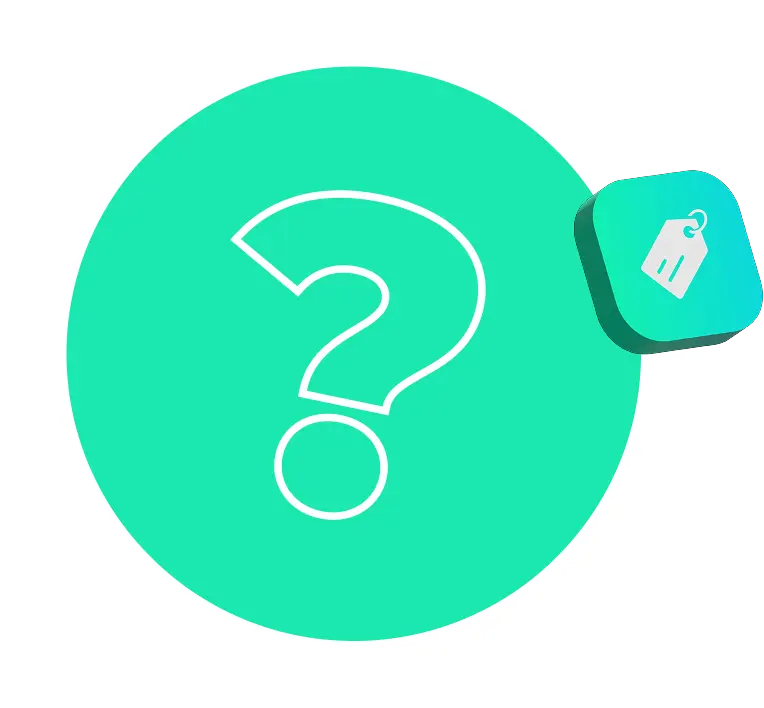In the ultra-competitive fashion industry, it’s no longer enough to launch a brand or a collection to attract the crowds. You have to create the event. That’s where private sales come in: a powerful lever for getting the word out about your brand, arousing curiosity and creating a special relationship with your first customers. When well thought-out and perfectly executed, a private sale can generate a wave of sales, create a community around your universe, and even turn your first buyers into ambassadors.
In this article, we reveal a complete method, enriched with concrete tips, best practices inspired by retail pros, and examples of inspiring brands to organize an impactful private sale. From planning to post-event customer loyalty, follow the guide to boost your launch.
👉 To find reliable suppliers to supply your private sale, consult our directory on MyFashionWholesaler.com.
What is a private sale in fashion?
A private sale is an exclusive commercial event reserved for a selected public: loyal customers, subscribers, influencers or members of a VIP list. In the fashion world, it’s used to unveil a new collection, test a limited-edition capsule or simply generate advance sales outside conventional channels.
This type of sale is based on three pillars: exclusivity, urgency and personalization. It can take place :
- Online, via a site with restricted access or a protected member’s area,
- In physical stores, but only by invitation or during private time slots,
- Hybrid, with digital pre-registration and personalized pick-up or appointment at the point of sale.
Not to be confused with a pop-up store, which is a temporary sales venue generally open to the general public, although it can sometimes be used as a channel to host a restricted private sale.
💡 Inspiring examples:
- Sézane regularly organizes private sales in its Paris apartment, combining exclusive products and a lifestyle atmosphere.
- Jacquemus made its mark with its pop-up store in Provence, transformed into an immersive mini-museum, generating thousands of views on Instagram.
- Balzac Paris offers online sales with restricted access to its most committed customers before the official launches.
Using pop-ups as a channel for private sales
A pop-up store can be the perfect venue for a private sale, as long as access is carefully controlled:
- Limited slots booked in advance,
- Guest list with entry control,
- Limited-edition products available only on site.
💡 For example, a young brand might open a 3-day pop-up in a Parisian gallery, but reserve the first day for a private sale accessible only to influencers and VIP customers.
This allows you to create content, customer feedback and social proof before the pop-up opens to the public.
Although they can be combined, a private sale and a pop-up store are two distinct concepts:
| Criteria | Private sale | Pop-up store |
| Definition | Sales reserved for a restricted audience (VIPs, subscribers) | Ephemeral physical boutique, open to all or to a targeted public |
| Duration | Strict time limit (often 24 to 72 hours) | From a few days to several weeks |
| Objective | Generate exclusive sales and create a scarcity effect | Create an immersive experience, test a point of sale |
| Location | Online or in a private area | Temporary physical premises (gallery, container, kiosk, etc.) |
| Accessibility | By invitation or with access code | Sometimes by invitation, but often open to the public |
| Frequent use | Before a launch, for loyal customers | To boost brand awareness, test a local market |
💡 In a nutshell: A private sale is a restricted, exclusive commercial operation. A pop-up store is an ephemeral sales and meeting place. A brand can combine the two very well, for example: organize a private sale in a pop-up store to maximize impact.
Why hold a private sale before or during a launch?
Organizing a private sale to coincide with the launch of a brand or a new collection is a powerful strategy for :
- Create exclusivity and instant adhesion around an innovative fashion concept,
- Stimulate rapid conversion by capitalizing on a sense of urgency,
- Reassure first-time buyers by offering them special attention,
- Gather feedback from the field to adjust the proposal before widespread deployment,
- Test e-commerce or physical logistics on a reduced scale.
All in all, it’s a smart way to get the word out while measuring your first business results.
Step 1: Define your goals

Before planning your private sale, ask yourself the right questions:
- Would you like to test a collection, sell stock or create a buzz?
- What sales do you hope to generate?
- How many participants are you targeting?
Clear objectives will guide all your actions, from communication to choice of format.
Step 2: Identify your audience

A successful private sale starts with a well-targeted audience. You can send it to :
- Your loyal customers,
- Newsletter subscribers,
- Fashion influencers,
- A VIP list (segmented by interest, location, seniority…).
The more qualified your audience, the higher your conversion rate.
Step 3: Choose the right format

Depending on your resources and objectives, there are several ways to structure your private sale:
- 100% digital private sale: via a reserved area on your e-commerce site, a private link or protected member access.
- Physical private sale: in a store or fixed location, by invitation only, with control at the entrance.
- Private sales via pop-up: if you have a pop-up store, you can reserve slots or exclusive products for a restricted audience.
The key is to maintain a logic of exclusivity, whatever the channel used.
Step 4: Create an immersive experience

A private sale doesn’t have to be ordinary. Just think:
- Scenography (if physical), premium packaging, soundscape or olfactory ambience,
- Customized digital interface, presentation videos, greetings.
Every detail contributes to enhancing your brand universe.
Step 5: Structure your communication calendar

To capture attention and maintain desire:
- D-21: teasing + opening of the waiting list,
- D-14: email invitations,
- D-7: relaunch + product preview,
- D-D: opening + push reminders (email, stories, SMS),
- D+2: last baskets relaunched + exclusive post-event offer.
A well thought-out rhythm maximizes engagement and conversion.
Step 6: Select your products wisely

Bet on :
- Your most eagerly awaited news,
- Limited editions or pre-orders,
- VIP customer bundles or exclusives.
Value scarcity, create desire, and adjust your stock accordingly.
👉 Need trendy products? Discover MyFashionWholesaler.com.
Step 7: Manage technical and logistical aspects

- Robust platform,
- Smooth, secure payment (Stripe, PayPal…),
- Immediate confirmation + customer follow-up,
- Fast, reliable delivery (if online),
- Smooth reception (if physical).
Prepare responsive customer support to accompany the experience.
Step 8: Collect and enhance data

Your private sale is an opportunity to :
- Enrich your CRM database (emails, purchasing behavior, etc.),
- Segment your customers according to their responsiveness or average basket,
- Identify your future ambassadors.
Think of the aftermath: offer a loyalty program or early access to the next collection.
Step 9: Analyze your results

Measure key KPIs:
- Participation rates, email opens, clicks,
- Sales generated, average basket, return rate,
- Customer feedback.
Analyze your strengths and areas for improvement for future events.
Step 10: Don’t forget the legal aspects

Before launching your private sale, make sure you meet all legal requirements:
- Clearly state the terms and conditions of sale, delivery times and right of withdrawal.
- Respect personal data protection rules (RGPD), especially if you collect emails, phones or addresses.
- If you’re organizing a pop-up store, make sure you have all the authorizations required for temporary occupation of commercial premises (lease, insurance, declaration to the town hall or CCI).
- If you offer discounts, make sure they do not fall within the scope of misleading commercial practices (reference price, limited duration, etc.).
🛡️ A solid legal framework reassures your customers and lends credibility to your approach.
Conclusion
Private sales are a growth gas pedal for young fashion brands. By planning it strategically, focusing on emotion, personalization and a clear legal framework, you maximize your chances of success.
Whether digital, physical or pop-up, it enables you to build a community, generate sales and validate your concept in a controlled environment.
👉 Looking for trendy products to preview? Visit MyFashionWholesaler.com to find the best suppliers on the market.
Happy private sales, and above all, a great launch!



